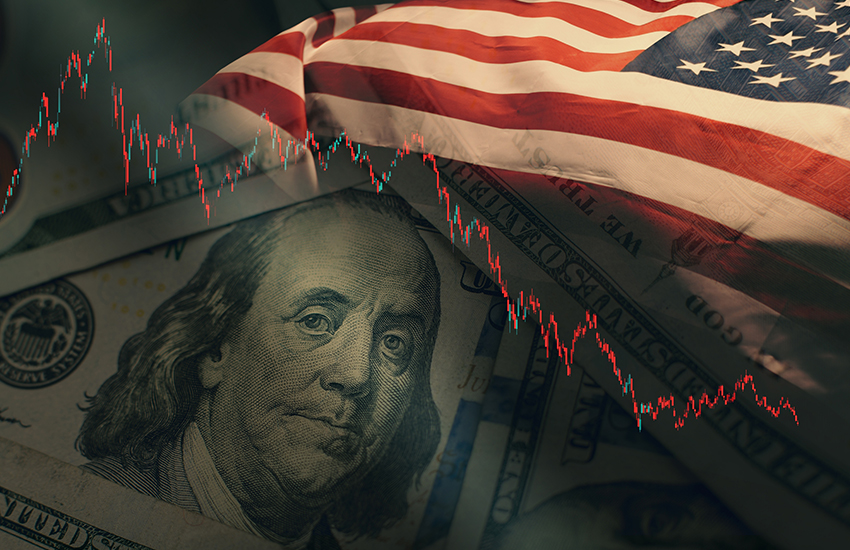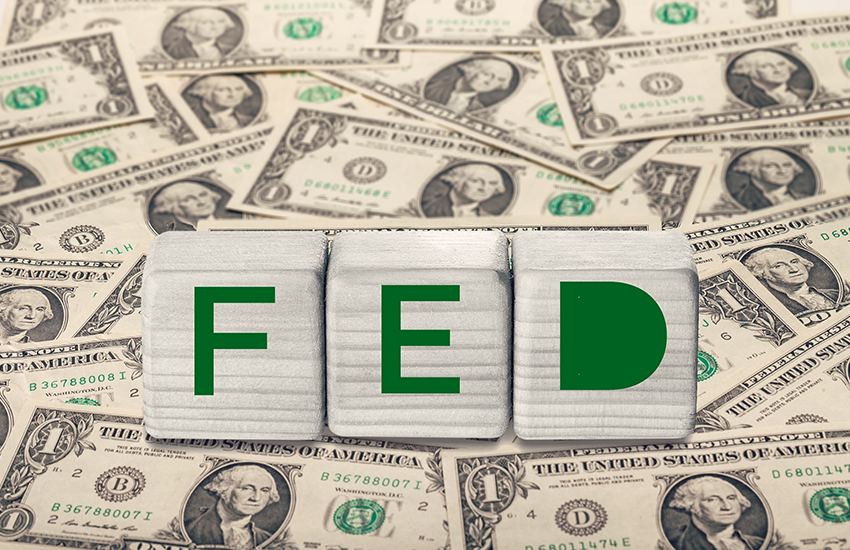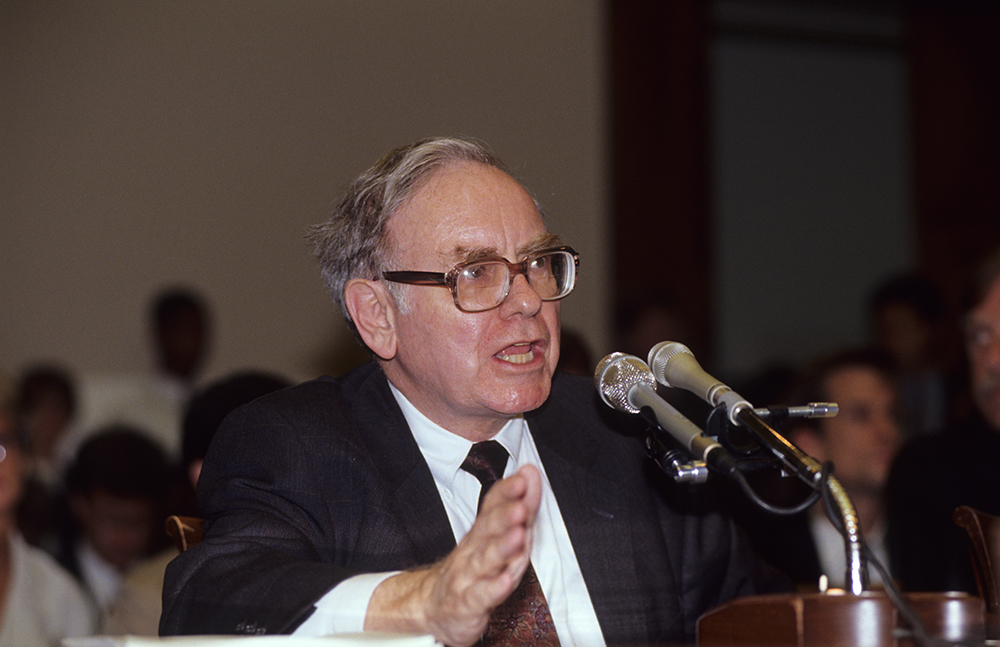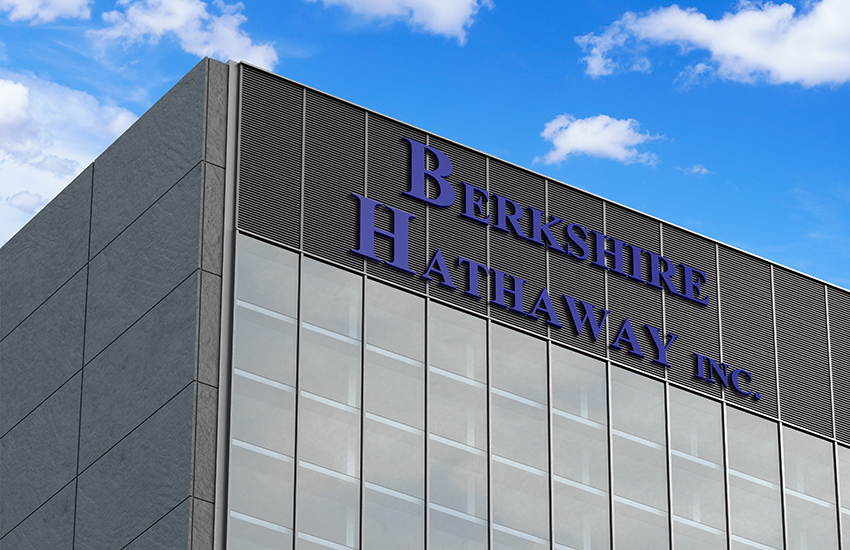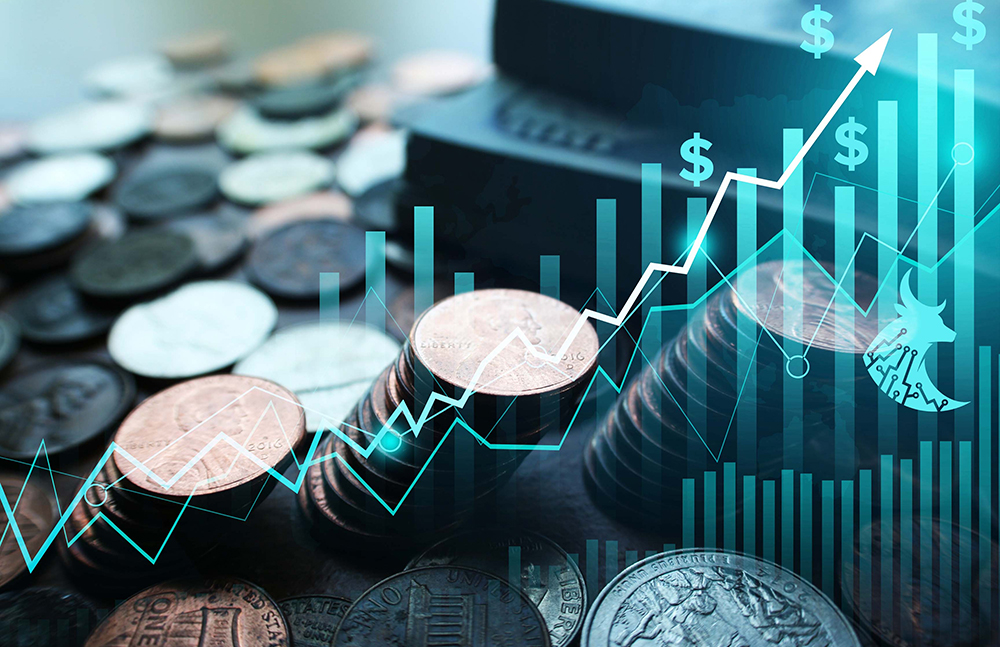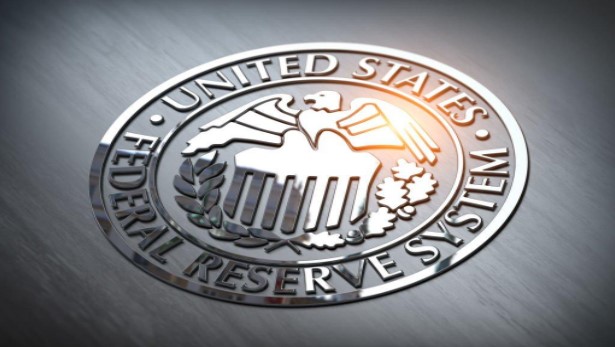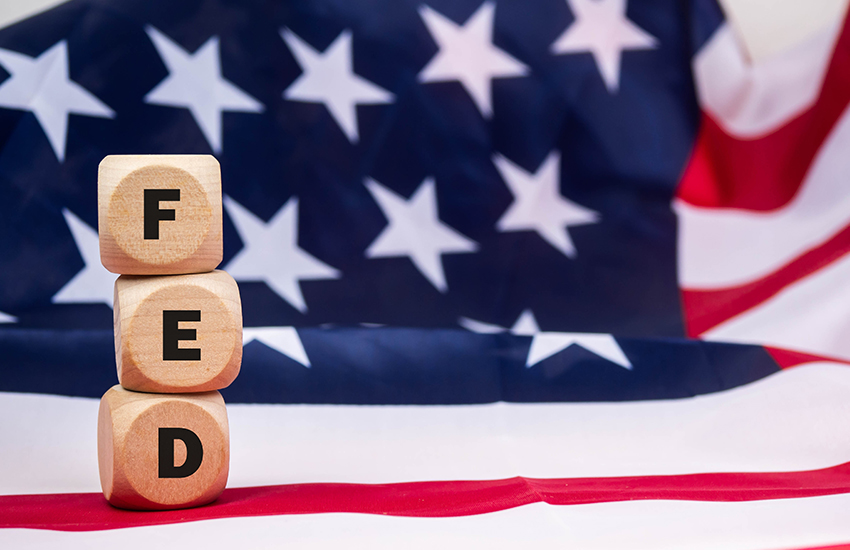
July’s Retail Sales Exceed Expectations with a 0.7% Increase, Indicating Resilient Consumer Spending
Consumer spending in July exhibited resilience as inflation slowed down, as indicated by the Commerce Department’s report. The advanced retail sales figures revealed a 0.7% seasonally adjusted increase for the month, surpassing the Dow Jones estimate of 0.4%. Excluding automobile sales, robust growth of 1% was recorded, compared to a forecast of 0.4%. These readings marked the strongest monthly gains since January. Although the figures aren’t inflation-adjusted, they underscore consumers’ ability to keep pace with price hikes experienced over the last two years. Notably, the consumer price index rose by 0.2% in the same month, indicating a sustained demand. Online retailers boosted July’s numbers with a 1.9% spending surge, followed by a 1.5% increase in sporting goods and related stores, and a 1.4% rise in food service and drinking places. However, furniture sales declined by 1.8%, and electronics and appliance stores reported a 1.3% drop. Gas station sales only rose by 0.4% despite rising fuel prices. These numbers contribute to the narrative that the U.S. economy might sidestep a predicted recession, which was feared due to a series of Federal Reserve interest rate hikes aimed at managing inflation. Despite 11 rate increases since March 2022, consumers, who drive about two-thirds of the $26.8 trillion U.S. economy, have demonstrated resilience.
The report revealed that spending was broadly distributed, with most categories displaying growth. However, motor vehicle sales fell by 0.3%. On a 12-month basis, sales increased by 3.2%, aligning exactly with the annual CPI increase. In a separate report, it was noted that inflation pressures persist, following the highest inflation level in over 40 years in the summer of 2022. Import prices rose by 0.4% in July, higher than the 0.2% estimate. This was primarily driven by a 3.6% increase in imported fuel prices. Excluding fuel, import prices remained unchanged. The mixed data bag included the Empire State Manufacturing Survey, which reflected a significant drop in activity in the New York region in August. Despite this, the index for future business conditions, measuring expectations six months ahead, increased. These readings hint at the complex and evolving economic landscape, where spending remains robust despite uncertainties.

